
Holding a Staff Party – A guide to HMRC rules
Holding a Staff Party – A guide to HMRC rules

Party season is here, dig out the party outfit and get those dancing shoes on.
It’s time to get our heads around HMRC rules, to avoid being hit with an unexpected tax bill, and ensure we stay compliant.
To qualify for tax exemption the event must meet specific conditions:
❄️ it should be an annual occurrence
❄️ be open to all employees
❄️ the cost should not exceed £150.00 per head (including VAT), this should cover the total costs of the event from start to finish, and include venue hire, food, drink, entertainment and accommodation.
Note client entertainment is not generally an allowable expense. If your party has clients and employees attending, only claim for the amount spent on your employees.
Do you host multiple events a year?
If you host multiple annual events, the total cost per head for all events in a given tax year must be combined. If the combined cost exceeds the limit, even by 1 penny, the exemption will not apply, and the total amount becomes subject to tax.
Do you have separate locations and departments?
If your business has more than one location, an annual event that’s open to all your staff based at one location still counts as exempt. You can also put on separate parties for different departments if all your employees can attend one of them.
Record Keeping
Thorough record-keeping should be kept for HMRC compliance. You should retain invoices, receipts, and a list of attendees for each even to support any claims for exemptions.
As your business plans for social functions and parties, it’s crucial to be mindful of HMRC rules to void unexpected tax liabilities.


ABOUT SUE
Sue Haynes is the founder of Cactus Bookkeeping and helps business owners
with all aspects of Bookkeeping to save them time so they can concentrate on running their
business. Sue is licensed, regulated and supported by the Institute of Certified Bookkeepers (ICB)

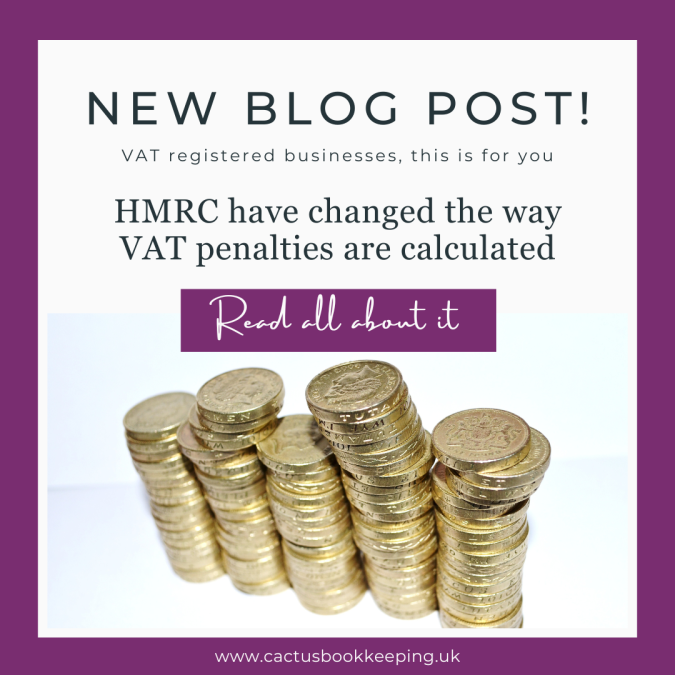
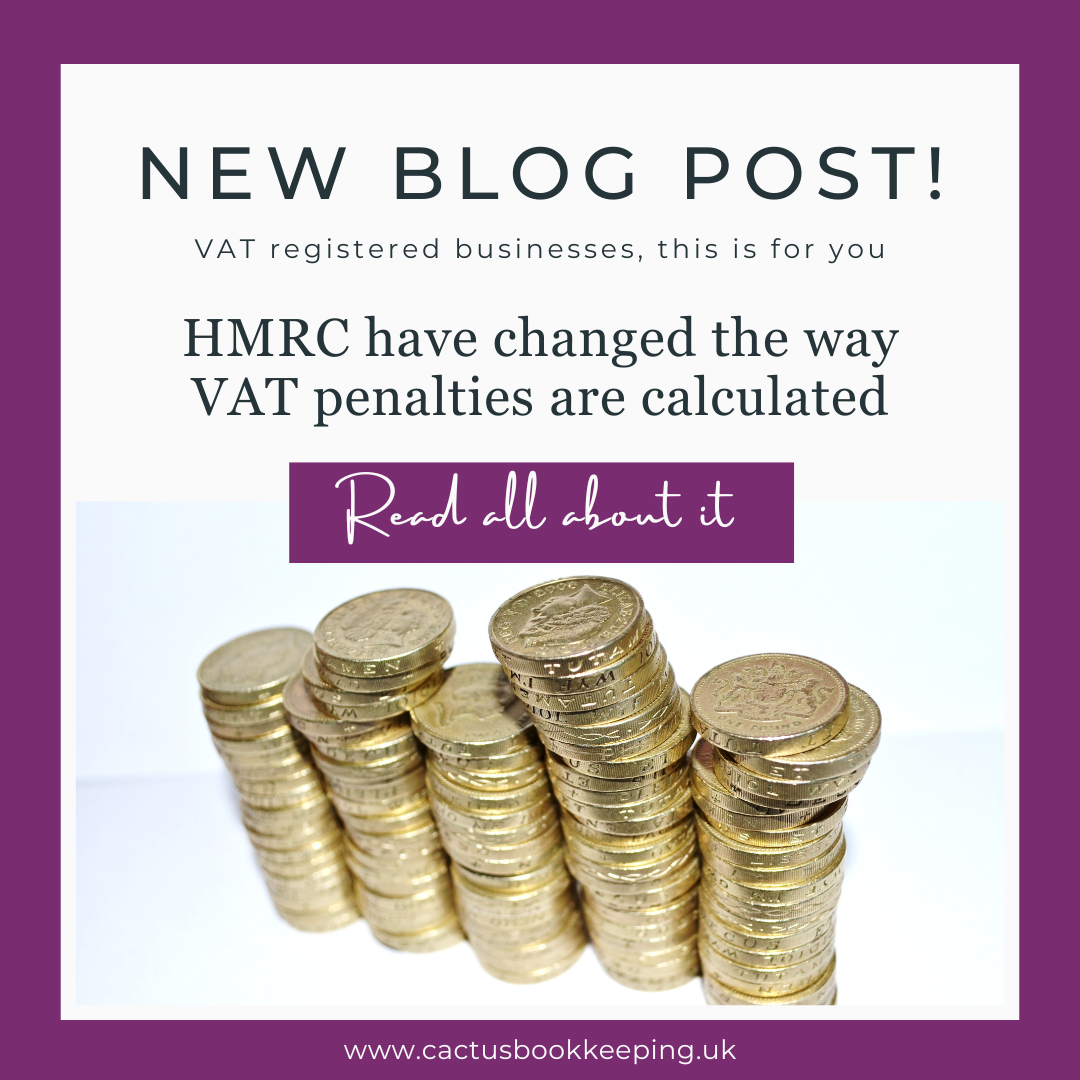


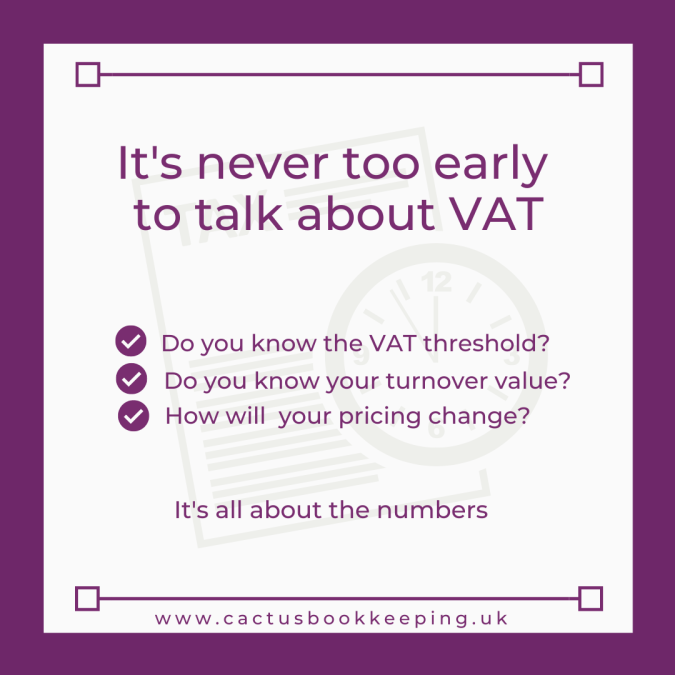
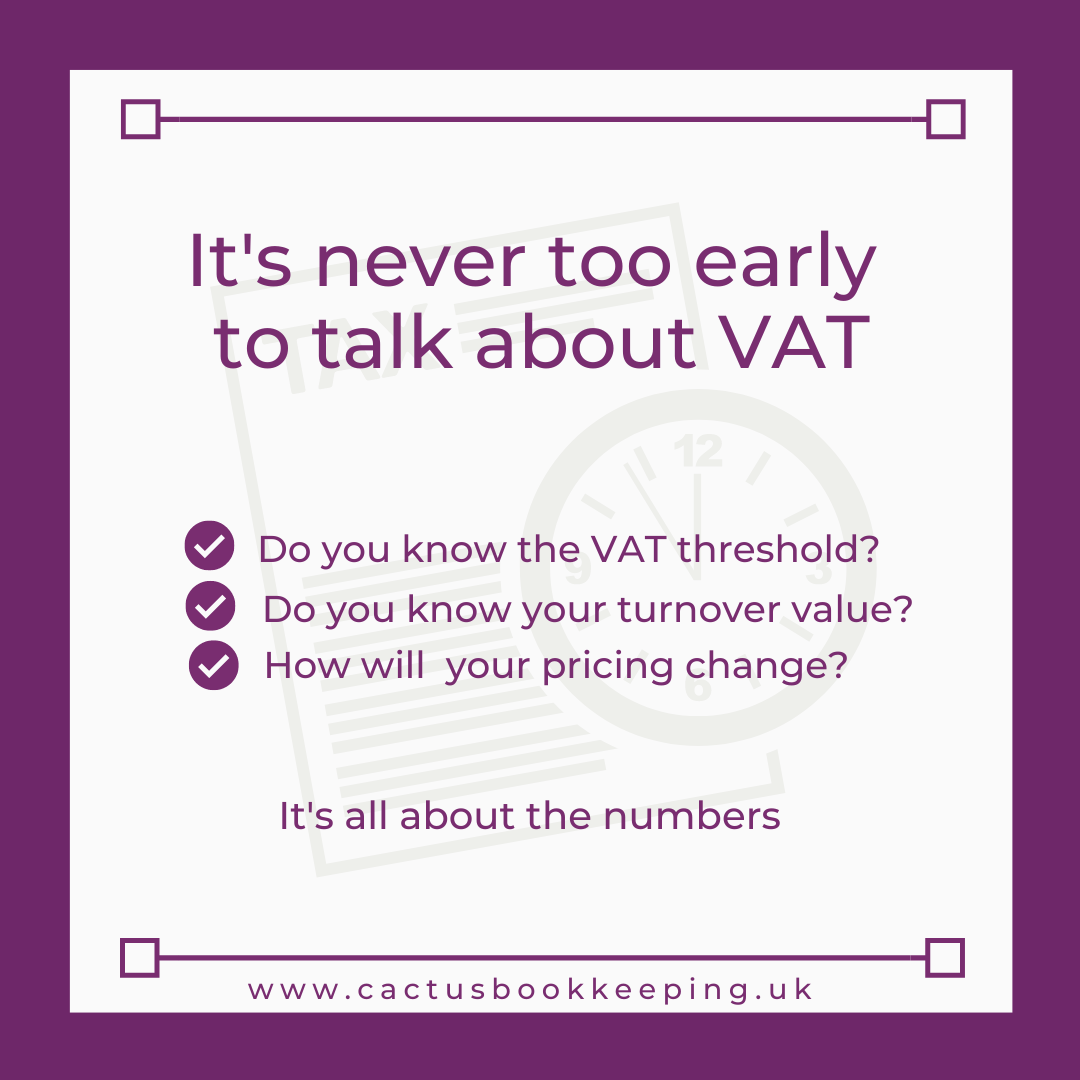
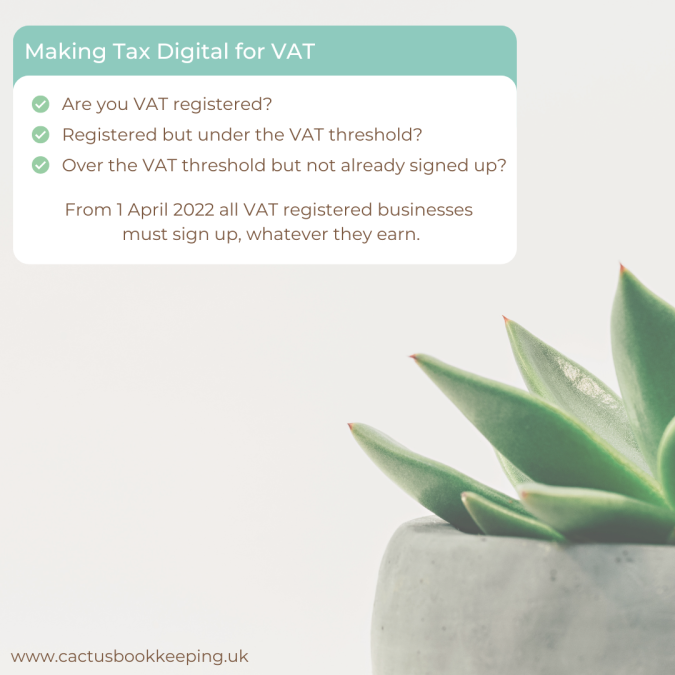
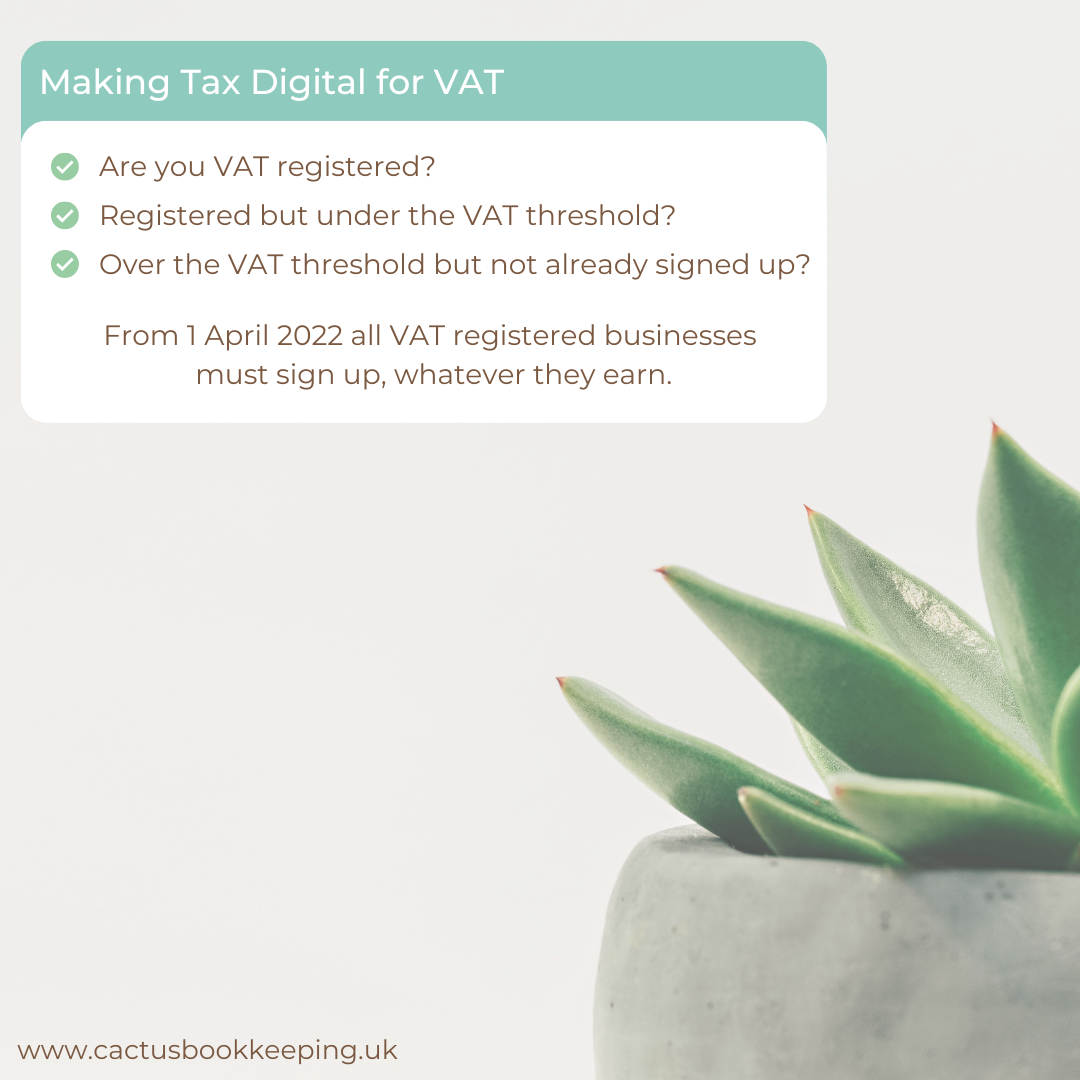
Recent Comments